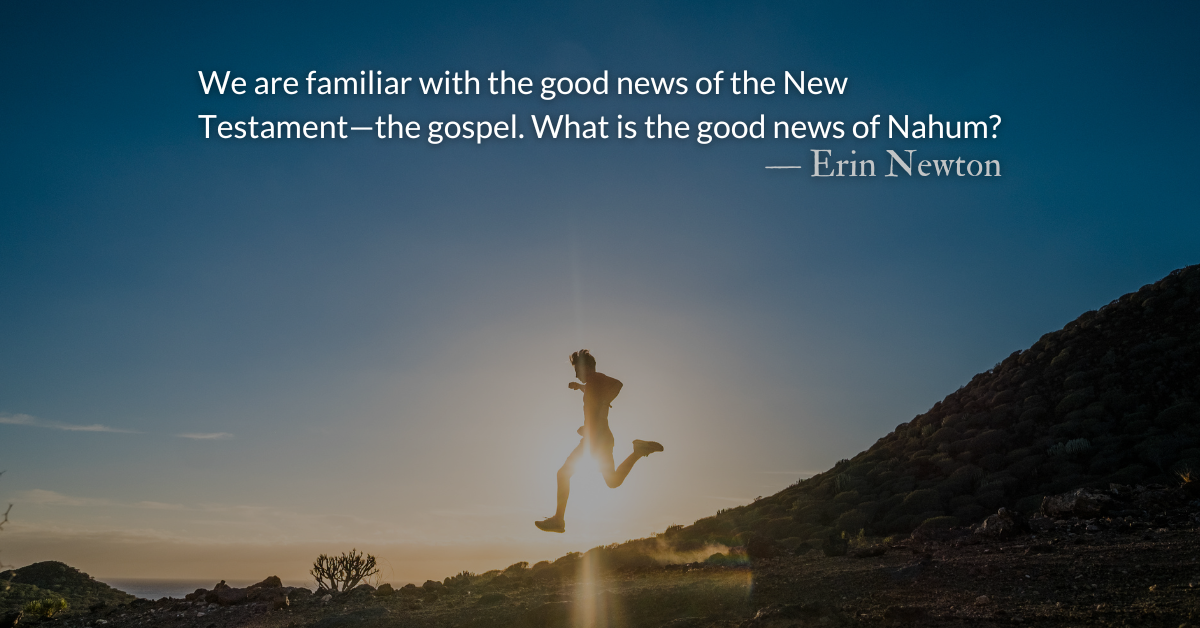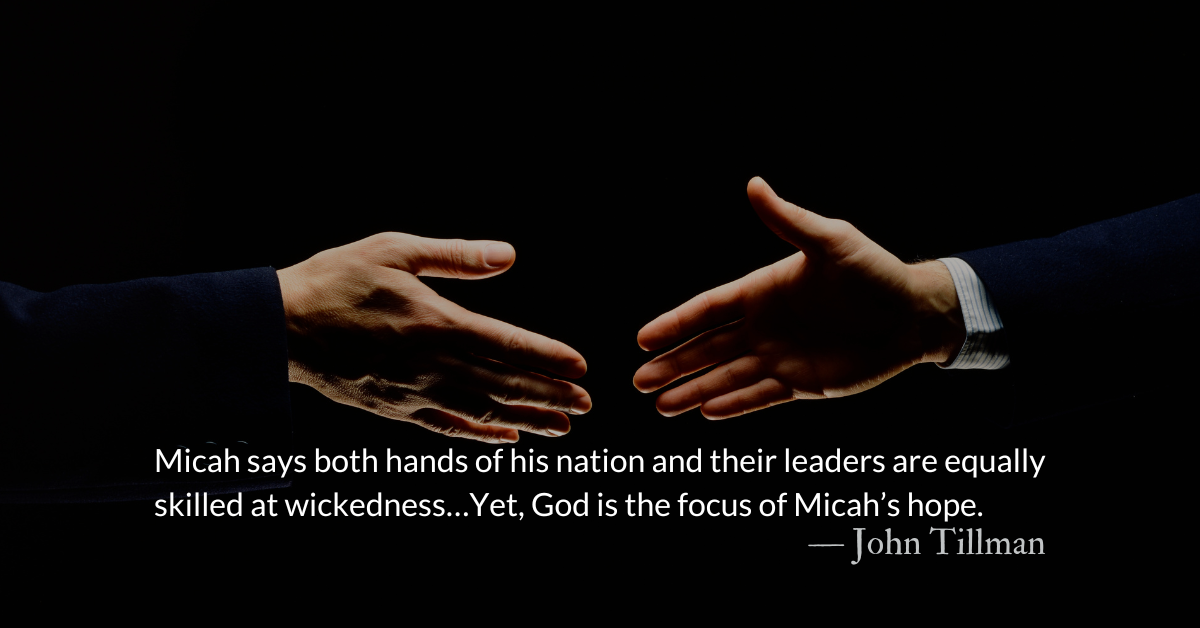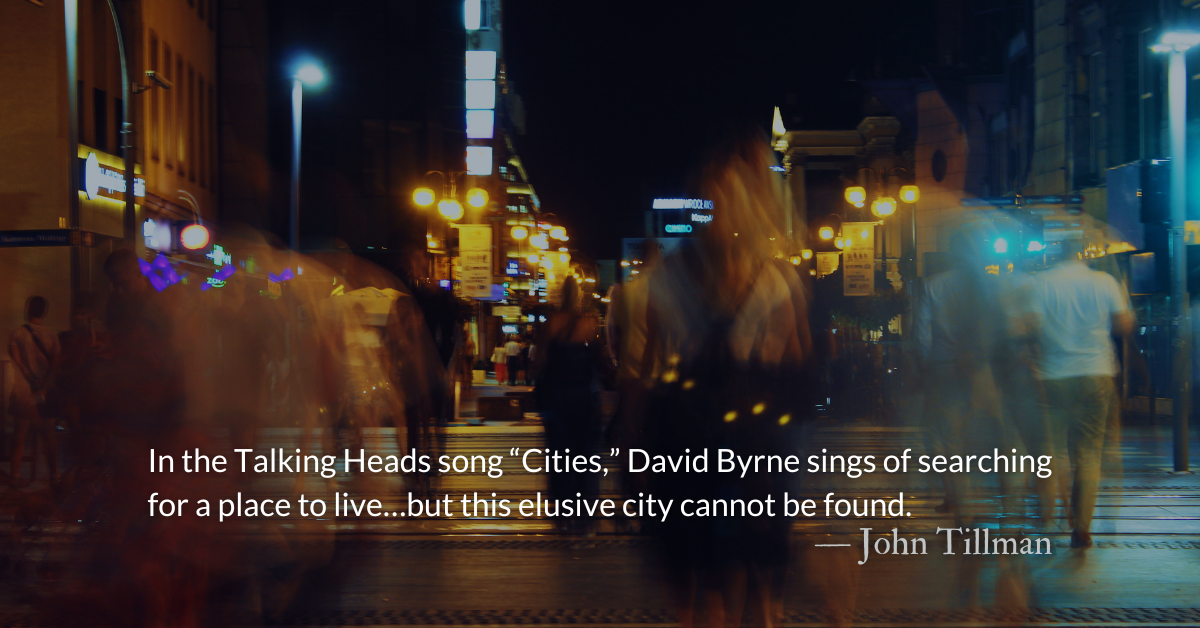
Psalm 102.2
Do not hide your face from me in the day of my distress! Incline your ear to me; answer me speedily in the day when I call!
“Blather, hokum, and trumpery,” scathes Algis Valiunas as in his summary of the modern self-help industry. One in five Americans lives on psychiatric medication. Millions more face non-clinical discouragement, anxiety, and depression on a regular basis. The self-help industry aggressively promotes its products as the pathway to happiness.
The revenue is staggering; Americans spend over half a billion dollars a year on self-help books. The self-help genre thrives from a high recidivism rate. The person most likely to purchase a self-help book has previously purchased one in the past 18 months.
While bibliotherapy is relatively new, the idea that we can save ourselves is not. Shortly after the turn of the century Maslow posited that self-actualization would unlock supreme happiness. Half a century prior to that Emerson predicted that, “As fast as you conform your life to the pure idea in your mind, that will unfold its great proportions,”
“There is pap from sea to shining sea, of wanton avarice, or diaphanous lunacy, or simpleton dullness. One fears for a nation awash in this drivel,” Valiunas concludes. “One longs for a practical democratic philosopher to save us from drowning in it.”
Valiunas is correct in his diagnosis of the futility of self-help. But his longing for an individual to discover themselves as the answer to life’s greatest needs, even under the guidance of a grand philosopher, is misguided. It’s like hoping a castaway, languishing in the outer-reaches of the ocean, will suddenly summon the strength to swim home.
Loss of appetite, hopelessness, sleepless nights, and a sense of isolation: these experiences — exploited by the self-help industry — sit at the heart of Psalm 102. The psalmist takes his darkness, brokenness, and hopelessness before God in prayer. He looks to God as his only sufficient hope for restoration, redemption, and renewal.
God sacrificed greatly on our behalf to win such victories — not only the small ones in this life, but the final one in the life to come. (The exuberance of receiving such a gift is revealed in the words of Psalm 103.) As Edward Mote wrote in his hymn “The Solid Rock,”
His oath, His covenant, His blood,
Support me in the whelming flood.
When all around my soul gives way,
He then is all my Hope and Stay.
On Christ the solid Rock I stand,
All other ground is sinking sand.
Listen – On Christ The Solid Rock I Stand, Blake Quimby (2:10)










